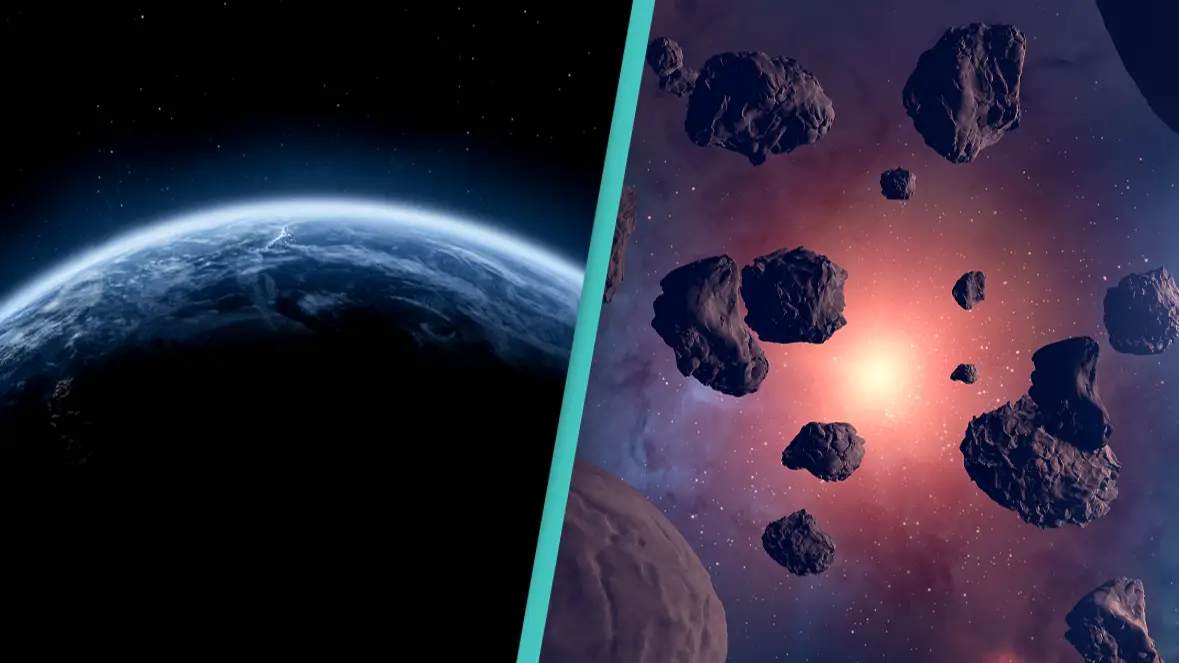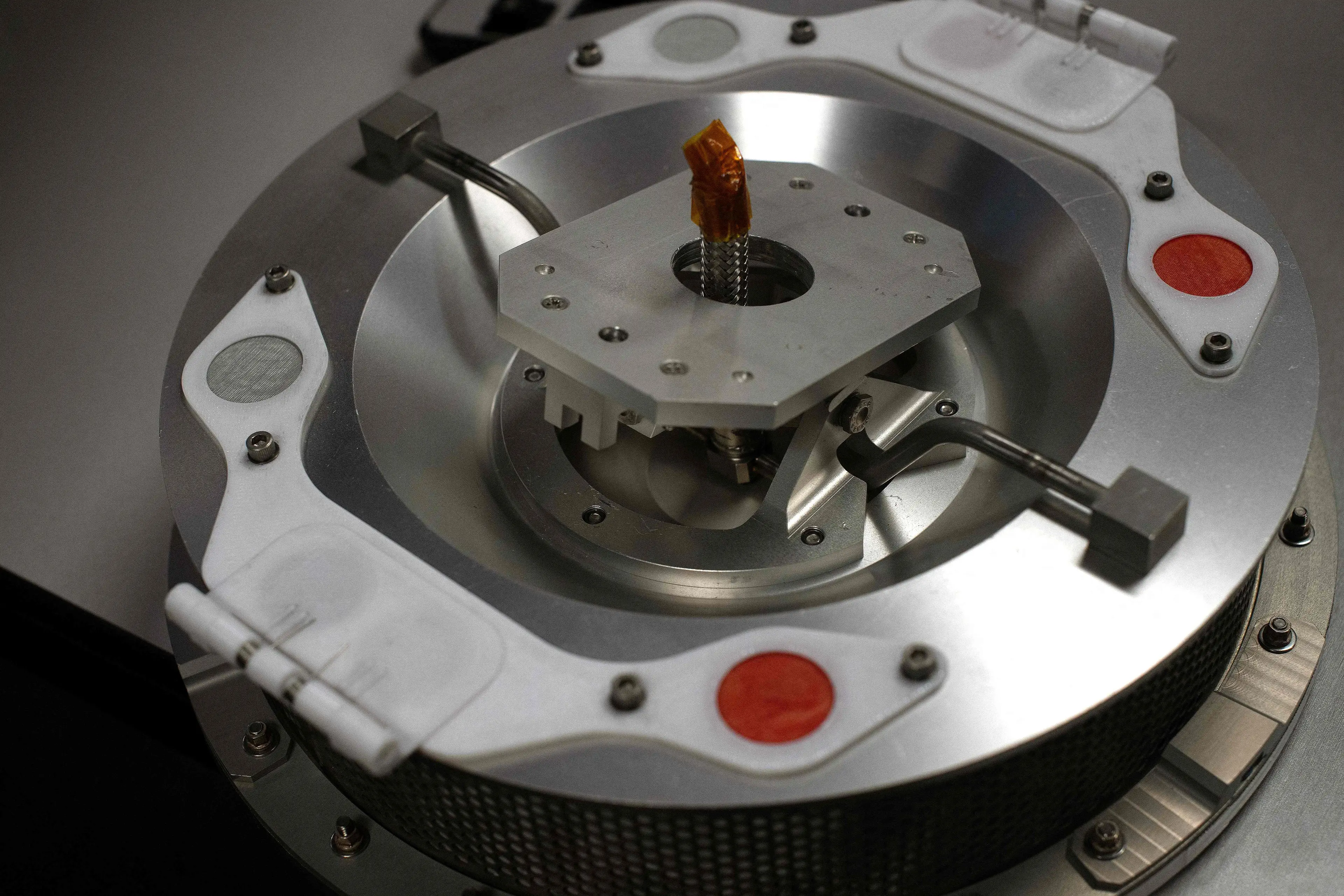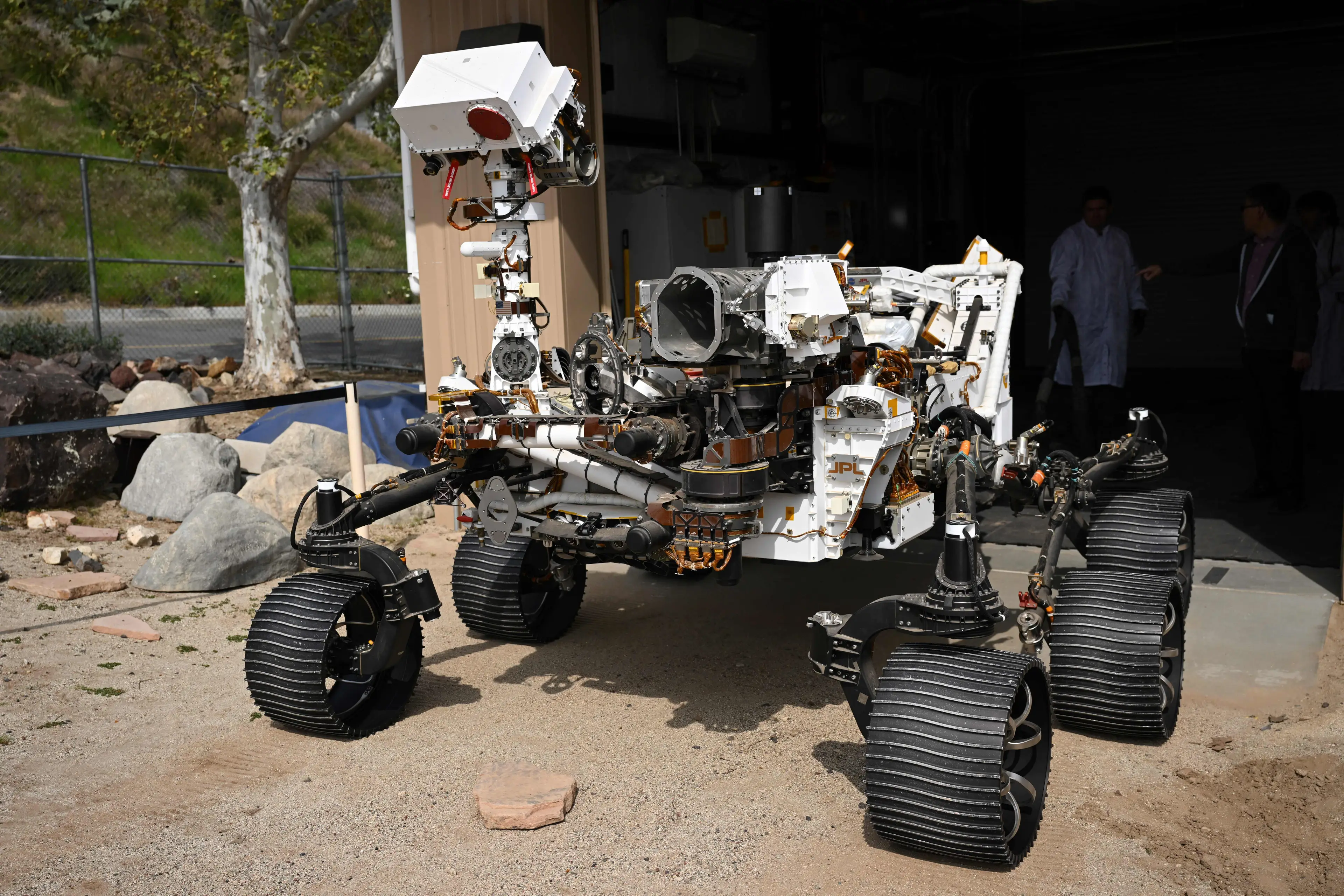
A scientist has spoken out to raise awareness of how space rock samples could 'answer some of humanity’s biggest existential questions'.
The largest asteroid sample to ever have been brought back to Earth is expected to land in Utah's Great Salt Lake Desert (a.k.a. the West Desert) on 24 September at 8:55am.
The sample was taken from asteroid Bennu - located between the orbits of Earth and Mars - in 2020, meaning the incoming delivery will have travelled a whopping two billion kilometres to reach its destination, with its journey having taken over two years.
Anticipation is building among scientists ahead of the capsule's arrival and how it could lead to further sample-return missions which could help answer some of 'life's biggest questions'.
Advert
The capsule containing 250g of asteroid material is being transported to Earth by NASA’s OSIRIS-REx spacecraft.
Meenakshi Wadhwa, principal scientist for the Mars Sample Return programme at the NASA Jet Propulsion Laboratory in Pasadena, California, says in her article for Nature.com that a 'successful touchdown' is 'only the start of a painstaking scientific journey'.
But it would be oh so worth it, with Wadhwa noting the asteroid sample could help us understand 'whether the water and organic molecules involved in the origin of life came from carbon-rich asteroids similar to Bennu crashing into the early Earth'.

Wadhwa explains her cheerleading of the sample-return mission is also fuelled by her desire to draw attention to how funding has 'come under threat' for the Mars Sample Return (MSR) programme she is working for - the Mars samples expected to answer some of 'life's biggest questions'.
The scientist reflects that 'extraterrestrial samples have taught us incredible, fundamental things about ourselves, Earth and the Solar System' and so, she hopes the MSR programme will receive similar funding and support as OSIRIS-REx.
Wadhwa says the 'first step of MSR' is already underway, with samples from the Jezero Crater already being collected by NASA's Perseverance rover.
"The next phase, set to start in 2028 or later, would be to retrieve these carefully selected samples and bring them back to Earth, which won’t happen before 2033," she says.

Wadhwa continued: "Once those samples arrive, many thousands of scientists around the world, including geologists and geochemists, biologists and astrobiologists, atmospheric and climate scientists, theorists and modellers, will be able to analyse them and interpret the resulting data for decades to come.
"Those samples could answer some of humanity’s biggest existential questions: How do rocky planets such as Mars and Earth form and evolve? How and why did the climate on Mars change so drastically? How, when and where did life emerge? Are we alone in the Universe?"
Topics: Space, Science, World News, Twitter, Social Media